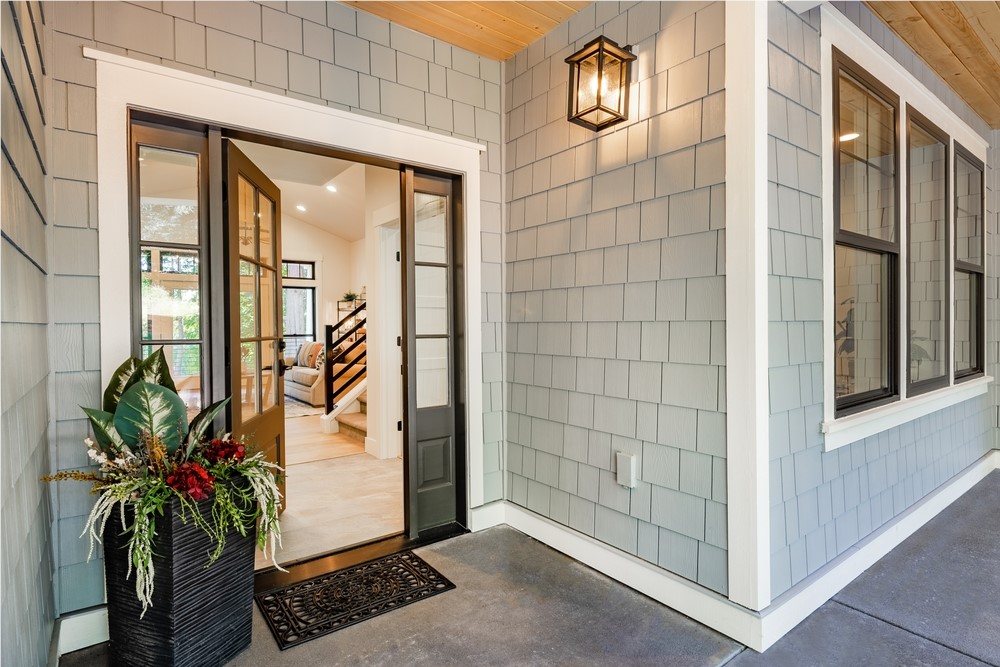As someone who has worked in the remodeling industry for over a decade and who owns and runs a remodeling company, Legacy Remodeling, I am constantly faced with rules and regulations that are implemented by various local, state and federal government entities. These include such things as local building codes and building permit requirements, state contractor registration (Pennsylvania) and state contractor licensing (West Virginia), consumer protection laws (mandating 3 day rescission periods), and federal laws regarding lead paint among other things.
From the perspective of the Remodelor, I feel that in many cases this government involvement in my industry is a positive thing. There need to be rules and structure to make sure that minimum standards for quality and safety are met. Companies must be held accountable to treat their employee's properly and to deliver on their contractual obligations to their customers. As someone who is in this business for the long term, I am more interested in building positive relationships with the people who work for me and who I do work for. For this reason my business enjoys a strong base of repeat and referral business.
Unfortunately there are many companies in the home improvement industry who do not feel this way. In many cases people enter this business and completely fail to meet any of their legal requirements for operating as a home improvement contractor. In some cases this is done out of the ignorance of someone who simply doesn't know any better, but in my opinion, most of the time this is because they simply don't care.
This lack of compliance can come in many forms. They may lack required state credentials, they may have failed to obtain liability insurance to protect your home should it be damaged in the course of their work. They may lack workers compensation insurance, leaving the homeowner on the hook in the event a worker is injured. Contractors may fail to get required permits or variances, potentially leaving the homeowner with illegal modifications to their home that they may be required to tear down later.
In any event, the one positive trade off for the homeowner from all of this increased risk, generally comes in the form of a lower price. By utterly failing to comply with these types of requirements, the contractor is able to charge a lower price and gain an unfair edge in the market. While legitimate companies incur the cost of insurance, compliance, registration etc. These fly by night contractors do not and are able to under bid companies that do the right thing.
I believe that the blame for this situation lies with the governments who issue the regulations. It is my opinion that if a municipality, state, or even the federal government is going to create a rule, then they should also be responsible for proper enforcement. Too often, communities fail to enforce building codes, or they do so arbitrarily. Although the State of Pennsylvania has had a contractor's registration law on the books since July 1, 2009, I see competitors every day who are in violation of this law. The EPA (federal government) is prepared to implement sweeping lead paint regulations in April 2010, this will be a costly regulation both for customers and for contractors... unless of course, you choose not to comply. Non-compliance should not be seen as an option. Government needs to do a much better job of educating consumers as to why these regulations are important and necessary and also of ensuring that businesses are doing what they are supposed to as well. This is a responsibility that is owed not to only the citizens of these communities but also to the contractors who work in these places.
Governments at all levels should want to strengthen the good quality, honest companies in the home improvement industry and to weed out those who fail to comply. This will provide better quality services to the citizens of these communities, help to protect them from scams and rip-offs and will result in growth for the legitimate contractor's most of who are small business's, the greatest job generator in our country.
Subscribe to Legacy Remodeling's Blog











Comments